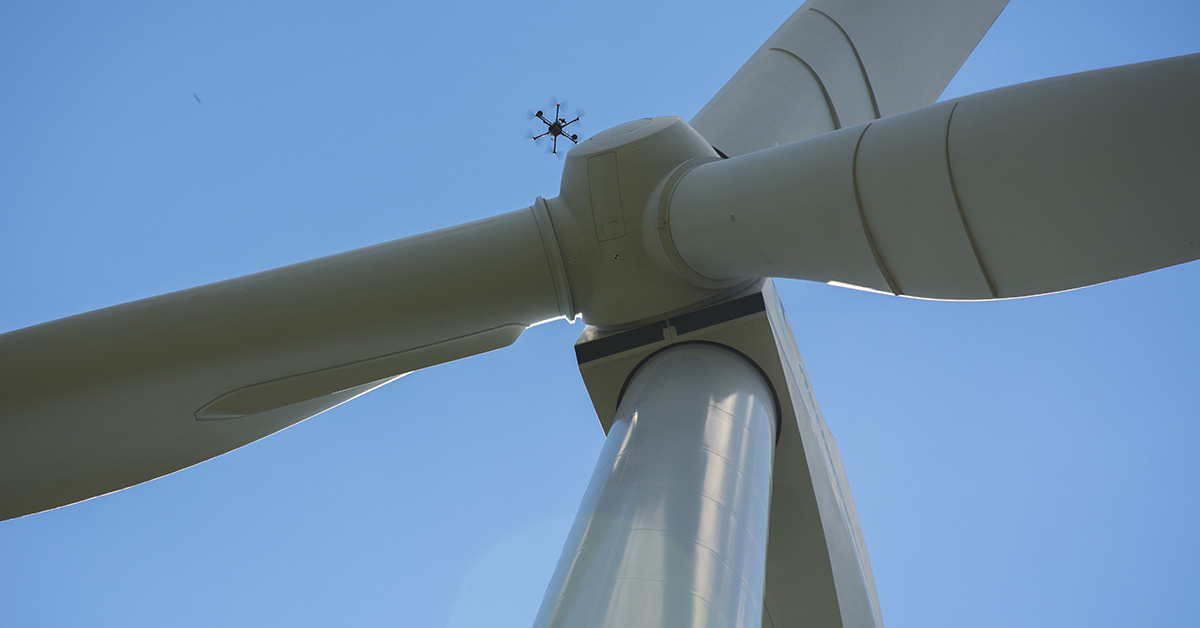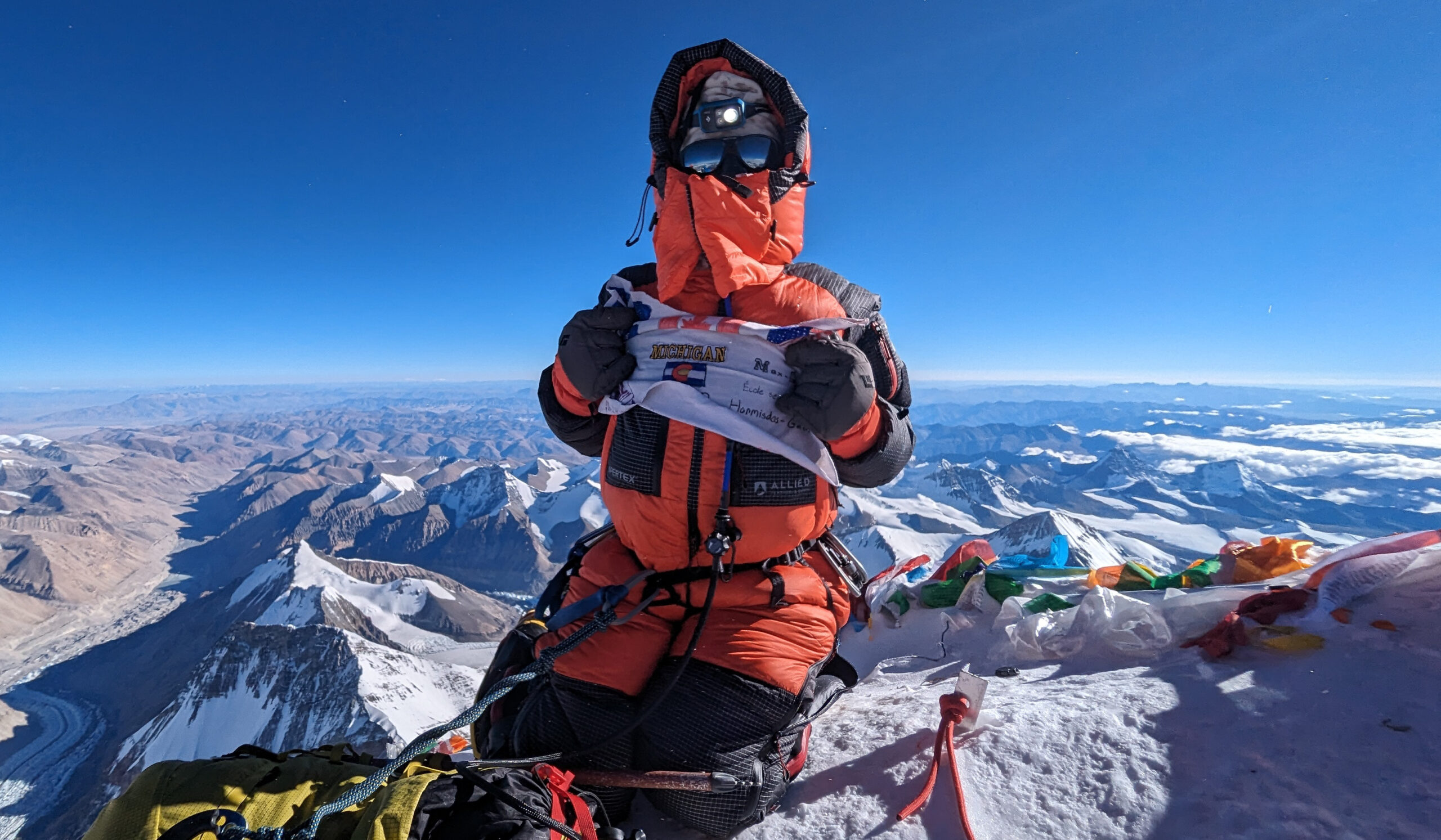Since we last spoke, the technology behind UAVs and drones has expanded. We see them used in disaster relief operations; flown by Facebook and Google to expand broadband; delivering packages for Amazon; shooting videos for media companies, and becoming a hobby item for young and old. How has your infrastructure management application of the technology evolved over the past two years?
Danny: Our focus has gotten narrower. We’ve seen a lot of people in the drone space build different platforms and offer different features and functionality. But it still required people to actually fly the drone, which we see as kind of a hindrance in industrial applications. Since 2014, SkySpecs has transitioned from building drones to focus exclusively on automated wind turbine inspection using drones and the software behind that automation.
Tom: Right now we have a push button system for automating wind turbine inspection. We want to improve the type of data you can collect, as well as improve the way people actually consume that data. For example, imagine a system where rather than having someone go through and parse every single picture, we automatically flag things like lightning strikes or bird damage, or where we can generate 3-dimensional models.
Danny: Instead of just handing over a flash drive with a bunch of videos on it, actually parsing that data and making it understandable, and eventually going a step further and learning from prior data to make future inspections better.
Tom: Of course we’ll also be applying our automation technology to other markets—so think of things like off-shore wind turbines or cellular towers, that kind of thing.
Has SkySpecs been affected by any new drone regulations or legislation?
Danny: FAA regulations affect everyone in the space, in one way or another. In the early days, it was pretty challenging to fly commercially. Even though the system is single button push, the person that pushes that button is still responsible for the safety and knowledge of the airspace nearby. They are considered the pilot or the operator of the drone. Recently, the pilot’s license requirement has been replaced with a knowledge test and drone operation certificate. That enables us to have more pilots, whether they are ours or a third-party group.
There’s also a new piece of regulation that is very specific to what we do. In the past, the maximum altitude for drone flight was restricted to 400 feet. Most of the structures we inspect go above that. We were able to get around it in the early days by just inspecting a single blade at a time. But in order to automate everything, we needed to be able to go above that. The new regulation allows us to go higher if you’re close to the structure, which is huge for us.
SkySpecs started out as a drone competition at U-M, and even though you didn’t win, it helped fuel your ambitions. Can you talk about how your time spent at U-M helped make the dream of SkySpecs a reality?
Danny: At Michigan we had the opportunity to work with a group of very smart people and try a lot of different things when there was very little risk. There were money management aspects—sponsorship issues and budgets—but, we weren’t trying to run a business. We were students.
Tom: I think Danny nailed it right on the head. The caliber of people we got to work with—both University staff and students—was exceptional. Today, SkySpecs has grown beyond the team from Michigan, but that’s really our core. We had been working together for around 3 to 4 years before we actually started SkySpecs. I think that was really special because in most new businesses you find that people are either working together for the first time, or maybe are old friends but have never worked together. Our having already worked together, made the team dynamic and the culture very special. That came out of being part of the University.
Gregory Lucas-Myers is assistant editor of Michigan Alumnus magazine.





